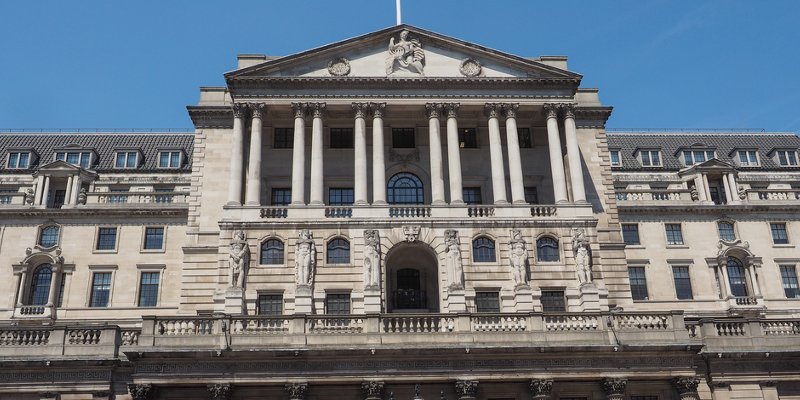The Moneyfacts UK Mortgage Trends Treasury Reportdata also found that the average UK mortgage rate was 2.15% as of February 2018.

After the Bank of England’s Base Rate rise in November the number of tracker rate products has fallen to 268 – the lowest number since September 2009.
The Moneyfacts UK Mortgage Trends Treasury Reportdata also found that the average UK mortgage rate was 2.15% as of February 2018.
Charlotte Nelson, finance expert at Moneyfacts, said: “The number of tracker rate mortgages on the market has been in steady decline for some time.
“However, following the Bank of England Base Rate announcement, the number of tracker deals on offer has fallen from 296 in July 2017 to 268 today, reaching the lowest number of deals since September 2009.
“Back in 2009, providers were unsure of how to price their variable products and opted instead to withdraw them entirely. A similar scenario appears to have occurred this time around, with providers questioning how to price their deals, particularly with talks of a further base rate rises this year.
“The talk of multiple base rate rises this year has started to become more than just gossip, with SWAP rates starting to rise again. The two-year SWAP rate increased by 0.15% in just one month, which is particularly significant, as this was an early sign of the base rate rise that occurred last November."
She added: “The fact that the markets are already starting to factor in multiple base rate rises makes the tracker rate market particularly unstable.
"In uncertain times providers are more likely to concentrate their efforts on fixed rates rate rather than trackers, and this is one of the main reasons for the steady decline in tracker deals.
“During uncertain times, borrowers tend to err on the side of caution; opting for a fixed rate instead of leaving themselves exposed to a potential rate rise.
"This lack of demand is also depleting variable products, with providers choosing to focus on fixed deals instead. Providers also prefer stability in uncertain times, to avoid losing customers in their mortgage books.
“Borrowers who opted for a cheaper two-year fixed rate, and are coming to the end of their term, are more likely to switch. But with the potential of multiple base rate rises on the horizon, it is more important than ever to ensure they shop around to get the best fixed rate option.”



